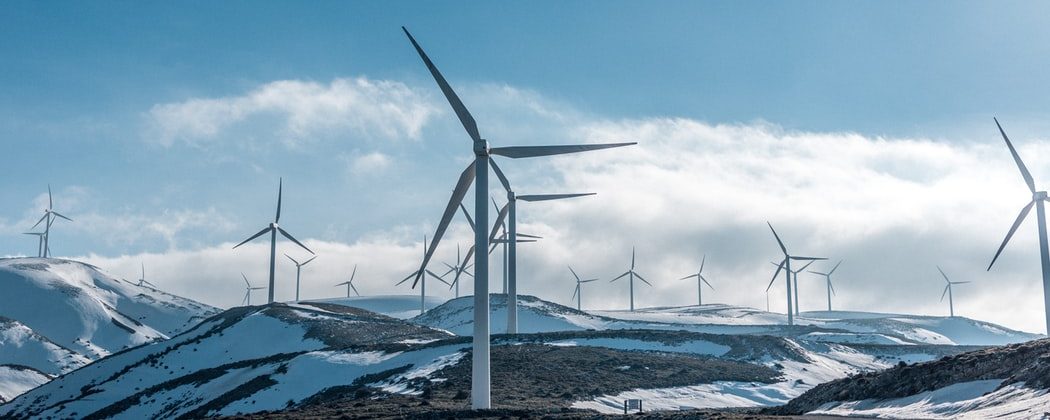Electricity Rules 2021(Must-Run): A Step Towards Sustainability And Safeguarding Clean Energy

Electricity Rules 2021
Electricity Rules 2021: New rules have been notified by the Ministry of Power regarding renewable energy projects. The Electricity (Promotion of Generation of Electricity from Must-Run Power Plant) Rules, Electricity Rules 2021 are applicable to renewable energy projects. Such renewable energy projects include, but are not limited to, hydropower, wind, solar sources and must be considered a must-run project under the new regulations.
Table of Contents
- Electricity Rules 2021
- Key Points
- Analysis
- Final Words
- Introduction
- Brief Background of the Case
- Court’s Analysis and Verdict
- Conclusion
Renewable energy projects including but not limited to wind, solar, wind-solar hybrid, hydropower sources, must be considered a must-run project per the rules. The power from these projects must not be curtailed. These projects are also not subject to regulations of merit order dispatch or other commercial considerations. If power is curtailed, it can only due be technical constraints or grid security reasons and further, the Indian Electricity Grid Code (IEGC) provisions have to be followed for curtailment or regulation of power.
In the event of curtailment of supply from a must-run power plant, compensation shall be payable by the procurer to the must-run power plant at the rates specified in the agreement for purchase or supply of electricity. In case of advance notice by the procurer for non-scheduling of power from a must-run power plant due to technical constraints or grid safety, the RE Generator must, based on the doctrine of mitigation, sell the non-scheduled power in the power exchange and reduce monetary loss. This helps in the realisation of revenue by the generator and ensures that the power is available in the electricity grid for use of consumers.
It is to be noted that Must-Run Rules(Electricity Rules 2021) have been framed in furtherance of the objectives of the Electricity Act, 2003 and policies framed thereunder, which provides for:
(a) Measures to be taken conducive to the development of electricity industry to promote efficient and environmentally benign policies;
(b) promotion of co-generation and generation of electricity from renewable sources of energy; and
(c) attraction private participation in the electricity sector.
Earlier, the Grid Code or the PPAs did not provide for any remedy on the failure of a procurer to schedule power from must-run power plants apart from grid safety/technical constraints. This loophole was regularly exploited by several states like Andhra Pradesh, Karnataka, Tamil Nadu etc, in a very opaque manner. The generation from the must-run power plants was usually curtailed without reasons, written or otherwise.
Various RE Generator/Associations were embroiled in cases concerning the frequent and arbitrary curtailment of generation from these power plants. Generally, Commissions, after observing the conduct of Procurers/SLDCs, would issue several directions to them to comply with must-run status but were hesitant in providing any monetary relief to the RE Generators for the illegal curtailments suffered by them. But now, by a recent Judgment of Appellate Tribunal of Electricity (APTEL) dated August 2nd 2021 passed in National Solar Energy Federation of India Vs. TNERC & Ors.,
APTEL has provided relief to these adversely impacted must-run power plants by making SLDC/Procurer severally liable to pay these power plants for illegal backing down i.e., curtailment not borne out of safety/technical constraints although, the relief has been restricted to providing 75% of PPA Tariff on the loss of generation suffered because of such activity.
The regulations resolve these loopholes by providing monetary relief for any curtailment of the generation of must-run power plants by the procurer, regardless of whether it arises out of grid safety or technical constraints. The monetary relief provided for backing down in the case of RE generators is important since the RE generators’ tariff is a single-part tariff and is not split into Fixed Charges and Energy Charges for thermal plants. In case of backing down/curtailment of generation of a thermal power plant, it continues to receive Fixed Charges. however, the RE Generator does not receive anything in case of backing down/curtailment.
The regulations also provide for the Intermediary procurer to acquire electricity for one or more distribution licensees. It provides that intermediary procurer shall be regarded as a trading licensee who shall provide power to procurer at the rate of weighted average bid rate of all selected bidders. The rule provides for the adoption of weighted average tariffs by the Appropriate Commission on an application made to it by the intermediary procurer or distribution licensee.
The must-run rules(Electricity rules 2021), being delegated legislation, have the force of law and are applicable even on the existing PPAs. The must-run rules(Electricity rules 2021) are prospective in nature, as such, the rules will not be applicable to any cases where RE Generators are claiming compensation towards loss of generation due to curtailment/backing down of generation by procurers for the period to commencement of the Electricity rules 2021. However, the RE Generators can take benefit of APTEL’s judgment in the NSEFI case (supra) to seek compensation for curtailments other than those which were for grid safety/technical constraints.
The regulations are silent/ambiguous on certain critical issues such as the consequences of the RE Generator failing to sell unscheduled power at exchange due to technical constraints. It is not clear as to whether RE Generator will be entitled to compensation from Procurer for loss of generation if it fails to sell power at exchange caused by technical constraints. Having said that, the rules are a step in the right direction towards offering confidence to the investors in the power sector and in dealing with the menace of arbitrary curtailment of power generation by the procures.
Contributed by Gaurav Dudeja, Partner and K Vidya, Senior Associate
By entering the email address you agree to our Privacy Policy.